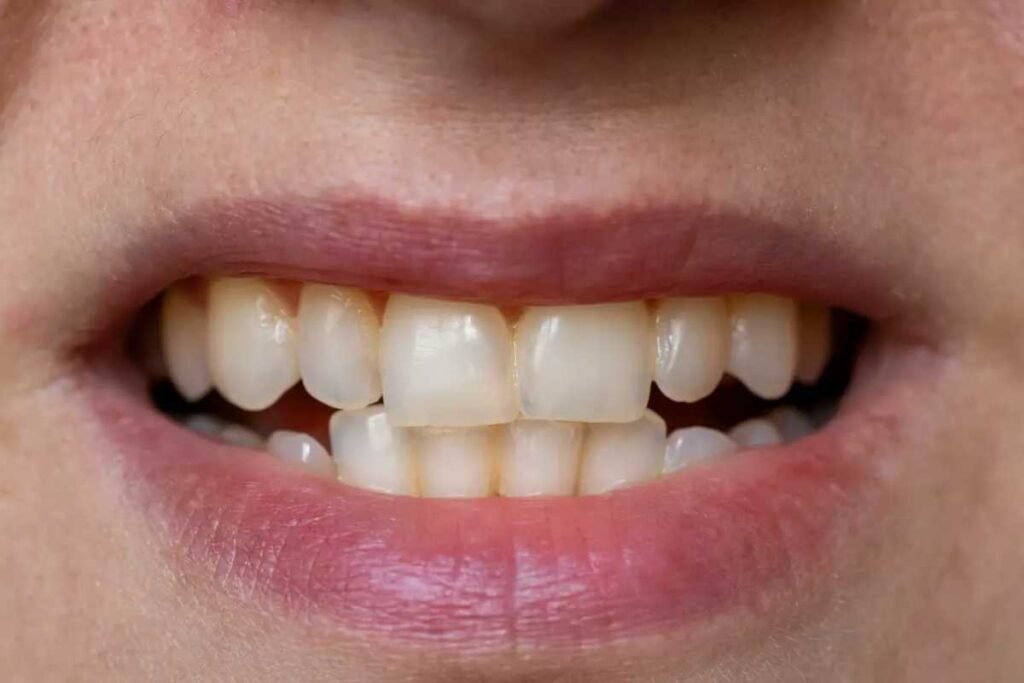As the demand for popular weight-loss drugs like Ozempic continues to rise, a new and troubling side effect has emerged, now dubbed “Ozempic teeth.” Users of GLP-1 drugs, such as Ozempic, have begun reporting a series of unexpected dental issues, including dry mouth, bad breath, gum disease, and accelerated tooth decay. These problems are believed to stem from the appetite-suppressing nature of the medication, which leads users to eat significantly less.
Dr. Michele Green, a cosmetic dermatologist, explained that eating less can reduce the stimulation of salivary glands, resulting in decreased saliva production. “Ozempic might reduce saliva production, diminishing the mouth’s natural ability to cleanse teeth,” she said. This can create a harmful environment for dental health, as saliva is essential in neutralizing acids, washing away food particles, and supplying key minerals that protect tooth enamel.
Acid Reflux and Nutrient Deficiencies Worsen Dental Risks
Compounding the issue is another well-known side effect of GLP-1 drugs: gastrointestinal discomfort. Many users experience nausea, diarrhea, and vomiting, all of which can negatively impact oral health. According to dentist Dr. Victoria Holden, “The stomach is very acidic, and if the patients are having that acid come up into their mouth, then it really is quite damaging to the teeth.” These acids can erode enamel and increase the likelihood of cavities and sensitivity.
Additionally, Ozempic teeth and similar medications slow stomach emptying to enhance the feeling of fullness. While effective for weight loss, this delayed digestion can lead to acid reflux, pushing harsh stomach acids into the mouth and exacerbating oral damage. Dr. Holden also pointed out that reduced food intake may result in nutritional deficiencies, particularly of vitamins such as B12 and zinc, which can contribute to poor gum and tooth health.
If acid reflux is a concern, Holden recommends seeking medical advice promptly, noting that “rebuilding teeth that have been damaged by acids is complicated and expensive.”
Broader Cosmetic and Medical Concerns Surface
“Ozempic teeth” joins a growing list of appearance-altering side effects attributed to weight-loss medications. Other terms that have gained attention include “Ozempic mouth,” characterized by wrinkles and sagging around the lips and chin, “Ozempic face,” describing a gaunt, prematurely aged look, and “Ozempic butt,” referring to a loss of volume and sagging in the buttocks.
Experts recommend that individuals taking these drugs stay hydrated, maintain proper dental hygiene, and consult their dentist before starting the medication. “Patients are now being actively encouraged to see the dentist before they start a program,” Holden noted. She emphasized that proactive dental assessments could help prevent long-term complications.
With GLP-1 drugs reshaping the weight-loss landscape, the growing awareness around their dental side effects is prompting both doctors and patients to take a more holistic approach, one that safeguards overall health while pursuing fitness goals.









